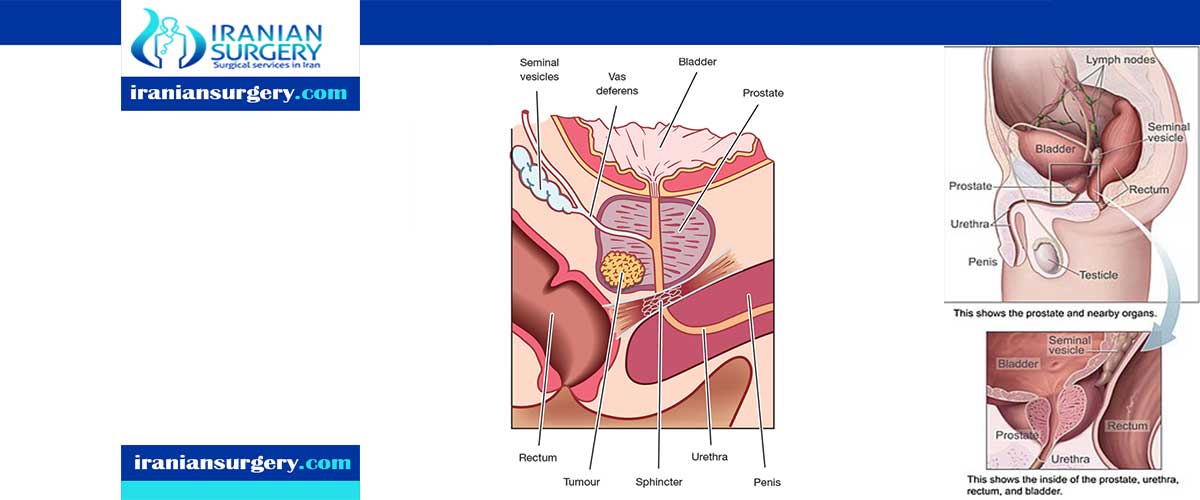prostatectomy side effects

prostatectomy side effects
what are the side effects of prostatectomy?
The most common side effects of surgery are leaking urine (urinary incontinence) and problems with getting or keeping an erection (erectile dysfunction).
Your risk of getting these side effects depends on your overall health and age, how far the cancer has spread in and around the prostate and how likely it is to grow, and your surgeon’s skill and experience.
Urinary problems after surgery
Leaking urine
Most men can’t control their bladder properly when their catheter is first removed. This is because surgery can damage the muscles and nerves that control when you urinate.
You might just leak a few drops if you exercise, cough or sneeze (stress incontinence). Or you might leak more and need to wear absorbent pads, especially in the weeks after your surgery.
Leaking urine usually improves with time. Most men start to see an improvement one to six months after surgery. Some men leak urine for a year or more and others never fully recover, but there are things that can help and ways you can manage it.
Difficulty urinating
A few men (less than five out of every 100 men) may find it difficult to urinate after surgery (urine retention). This can be caused by scarring around the opening of the bladder or the urethra (the tube you urinate through).
Some men find they suddenly and painfully can’t urinate. This is called acute urine retention and it needs treating quickly to prevent further problems.
Erection problems after surgery
After surgery, including nerve-sparing surgery, most men find it difficult to get an erection strong enough for sex. It can take anything from a few months to three years for erections to return and they may not be as strong as before. Some men will always need medical help to get erections, and some men might not be able to get erections even with medical help.
Penis shortening
Some men notice that their penis is a bit shorter after surgery.
Dry orgasm
The seminal vesicles, which make some of the fluid in semen, are removed during surgery. This means you won’t ejaculate any more. You may have a ‘dry orgasm’ instead – where you feel the sensation of orgasm but don’t ejaculate. This may feel different to the orgasms you’re used to.
Having children
After your operation, you won’t be able to father a child naturally. You may want to think about storing your sperm before having surgery so that you can use it later for fertility treatment. Ask your doctor or nurse about storing sperm.
Loss of sensitivity
If you receive anal sex, a lot of the pleasure comes from the penis rubbing against the prostate. Some men who receive anal sex find their experience of sex changes after surgery
10 common questions about prostatectomy side effects
[kkstarratings]


